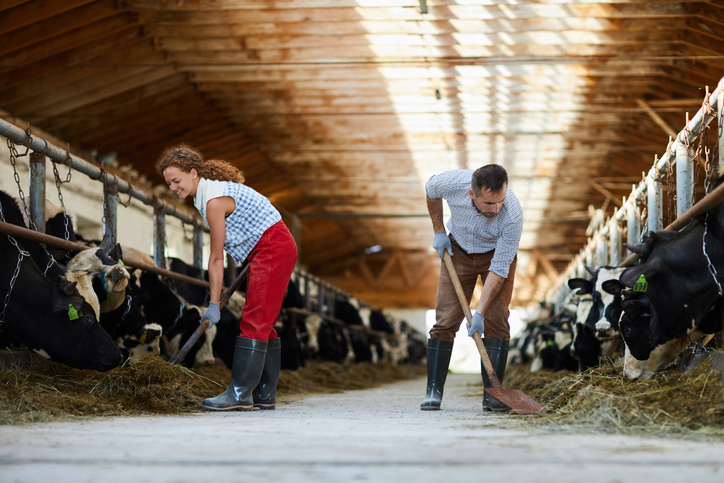Bean counters aren’t farmers

As the push for the removal of the Lower Snake River Dams continues on the back of the recently released Lower Snake River Dams: Economic Tradeoffs of Removalstudy from ECONorthwest, so do the arguments against farming in Eastern Washington. The latest jab argues that if the dams are removed, the effect on agriculture would be so minimal it wouldn’t matter. It claims the study’s authors used a “bean counters” approach – meaning they used analysis of existing data rather than collecting new information – to consider the problem.
What the study failed to address in its “bean counter” approach was three-fold: the experience of farmers on the ground, the difference in land values between irrigated and non-irrigated land, and the current dynamics of agricultural irrigation in our state. Taken together, the “bean counter” method becomes one of negligence in recommending a decision that has the potential to change the fabric of an entire region of Washington state.
Study authors failed to gather either qualitative or quantitative data from a single farmer whose livelihood depends upon the infrastructures of the Lower Snake River Dams. They admit, “While over half of initial outreach was directed toward the agricultural and irrigation sectors, all direct water users declined requests for interviews.” Making conclusive statements about what may or may not happen to a region where agriculture is as ubiquitous as it is in the Palouse is like banning coffee in Seattle without talking to Starbucks first.
Farmers are notorious for not wanting to talk to “outsiders.” If ECONorthwest wanted to know what the consequences of removal of the LSRD would be from a farmer’s perspective, they should have taken a page out of Internet, Mail, and Mixed-Mode Surveys: The Tailored Design Methodby Don A. Dillman, et al. Or, better yet, called the Washington State University professor who has made a living getting farmers in the Palouse to respond to his research inquiries and asked for advice. It is a glaring error in the study that should have been rectified before any findings were released.
Originally study authors encouraged a transition from irrigated to non-irrigated agriculture based upon the large number of non-irrigated acres in the Lower Snake River Dam region. The study claimed, “The high rate of non-irrigated farming in the area suggests such practices are a reasonable choice for farmers.”
The Palouse is a region dominated by rolling hills sloping upward from the river, not ideal for irrigation, and the farmers in the area have adapted to those conditions. However, the few farmers who can use irrigation have done so to the betterment of their farm operations and their land values.
According to the USDA non-irrigated land is worth around $1,400 an acre while irrigated land is worth approximately $8,800 an acre. In Whitman County, where the average farm size is about 1,240 acres of non-irrigated land, the farmland value is approximately $1.7 million. In neighboring Franklin County, where the average farm size is 797 acres of irrigated land, the farmland value is approximately $7 million. In areas where irrigation is currently available, telling farmers that giving it up is a “reasonable choice,” is tantamount to encouraging them to give away a winning lottery ticket.
The latest argument in favor of the ECONorthwest study suggests irrigation well users will have their wells deepened should the water table be changed by the removal of the Lower Snake River Dams. What authors failed to acknowledge is just a few hundred miles away a water fight has been raging over agricultural use of wells. The Washington State Department of Ecology has told deep well irrigators in the Odessa Aquifer Subarea they will be required to stop use of their wells in perpetuity should any municipalities be negatively affected by agricultural well use. It may be just a matter of time before agricultural well users in the Palouse region find themselves in the same predicament. If they do, there will be no opportunity to go back and replace the irrigation from the dams they have lost.
Ultimately, the flaws in the ECONorthwest study put the second largest economic driver in Washington state at risk. More importantly, it puts the families involved in that economy and their futures at risk.




